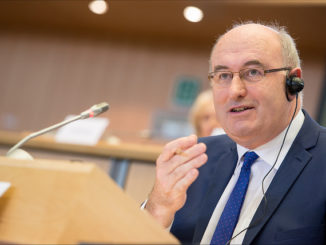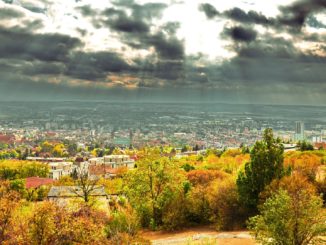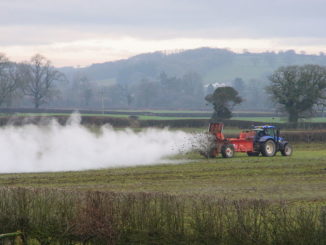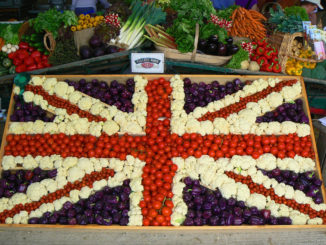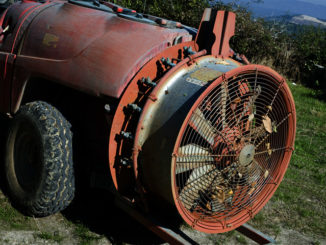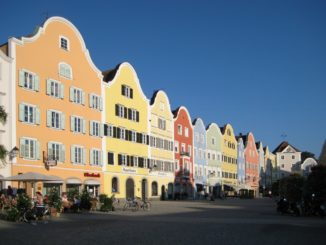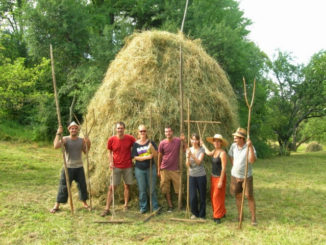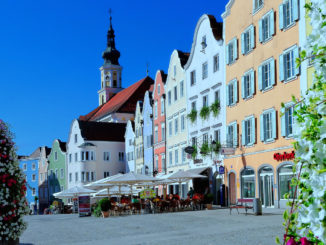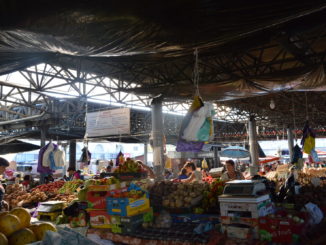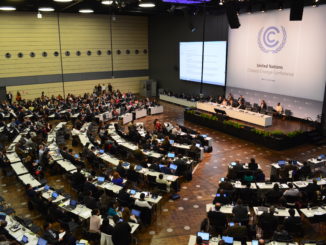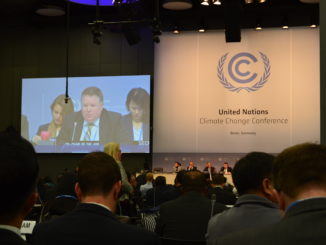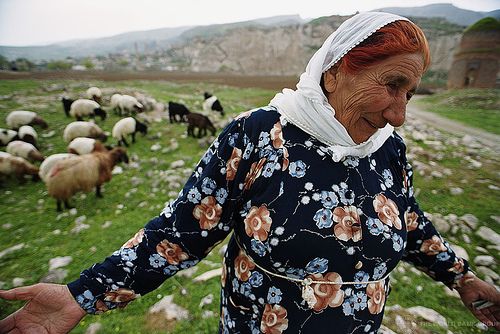
Does peasantry pay the price for a more European Turkey?
By Asutay Meriç, Agrobiodiversity Campaign Intern at Eco Ruralis Following a contentious and controversial election in Turkey politicians seem to continuously highlight that Turkey is Europe’s first and the World’s 7th largest agricultural producer. Roughly 80% of the hazelnut production, and most of the fruit and veg that is exported into the EU comes from Turkey. These figures sound impressive. However, for the last decade Turkish peasantry which holds nearly two-thirds of the Turkish farms has been the poorest segment of the society. Their political, economical and cultural rights are constantly violated by the ruling Government itself. According to the Turkish National Institute of Statistics (TNIS) (pdf), agriculture makes up 8,4% of the national income and 25 % of the employment. Its 38.6 million hectares of utilized agricultural land has a segmented structure where an average plot size has around 5 hectares. Turkey, an EU candidate country for more than 15 years, has a very large utilized agricultural areas compared to other European countries. Having such a strong rural base, the country has always been […]

